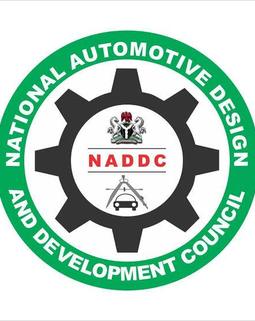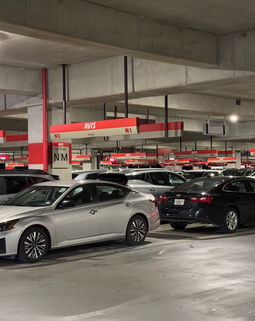Mr. Luqman Mamudu, former Director General of the NADDC, said the land worth multi-billion nairas and equipment imported from other countries was rotting. He described that chief executives of automakers in Abuja and shareholders made changes to the financial bill, making it difficult for local car assembly and dealers to compete with international dealerships for finished vehicles.
An interactive session occurred in the Automotive CEO Forum between several leading personalities. Heads of various government agencies, including Nigeria Customs Service, National Bureau of Statistics, National Automotive Design and Development Council, Ministry of industry, trade, and investment, Public Procurement Bureau, and National Drug Enforcement Agency.
Mamudu said despite the enormous sums spent by the government, almost 1 billion nairas to bring equipment to test vehicle emissions and 300 million nairas for the land to set up the test center, nothing is happening in Lagos and other centers. He opposed the alleged view that the National Automotive Design And Development Council had consulted no one before implementing the automotive policy. Instead, he said six months were spent in joint meetings with the relevant agencies, car groups, and participants.
Drafting key policy and goals using an overarching template and project delivery requirements such as investor / OEM incentives, credit facilities accepted by installers and car consumers, and programs for smuggling. He said: "A change in the NAIDP is not required. Instead, we should assess how long it takes to update the program every year.
CEOs of different automotive industries, Taiwo Shittu of Lanre Shittu Motors, Olutobi Ajaya of Nord Motors, and Deputy General Manager, Kunke Jaiyesipmi of CFAO Motors, say that the current 10% duty on import for finished vehicles and 10% for partly assembled vehicles discourages local assembly/manufacturer of vehicles.
"Locally assembling plants cannot compete with fully built-up imported vehicles with a 10% tariff. So we have to buy diesel and consider wages, including operating costs. However, they don't," said Ajayi.
The finance act needs to consider such demands. A review is recommended.





